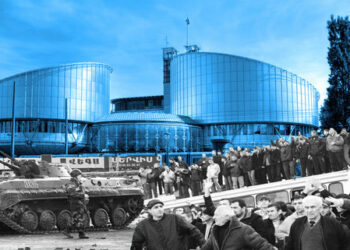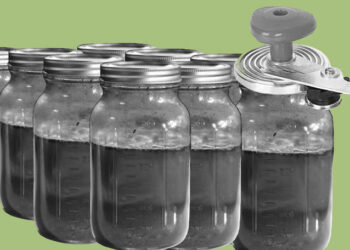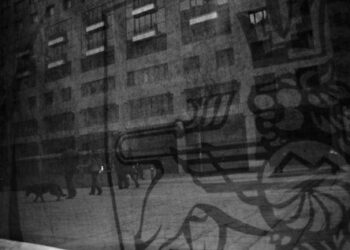To Rise, First You Must Burn
Three years ago today, on September 27, Azerbaijan launched a catastrophic war against Artsakh, leaving thousands dead and swathes of territory captured. Three years on, the world is witnessing the mass exodus of the indigenous Armenian population of Artsakh.




























































